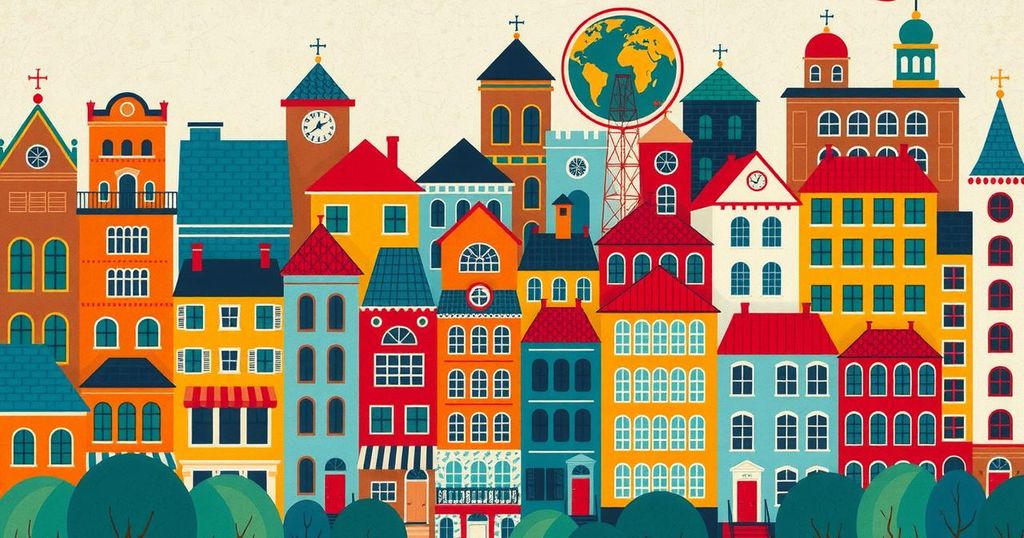Significant Growth of Hindu Population in Brazil: A Demographic Shift
The Hindu population in Brazil has increased from 2,905 in 2000 to 21,200 by 2020, signifying a demographic shift in this South American nation. This growth has been fueled by heightened interest in Hinduism and migration. Meanwhile, the Muslim population is estimated between 1.2 to 1.5 million, with significant communities in major cities.
The Hindu population in Brazil has experienced significant growth over recent years, marking a noteworthy demographic shift in the South American nation. Brazil, renowned for its rich culture and the Amazon rainforest, boasts a total population of approximately 213 million and is the seventh largest country globally.
Currently, Brazil holds the distinction of having the largest Catholic population in the world, totaling 123 million adherents. While Christianity dominates the religious landscape, with about 90% of the population identifying as either Catholic (65%) or Protestant (22%), the rise of Hinduism is increasingly noticeable.
According to census data, the Hindu population in Brazil was just 2,905 in 2000. However, this figure surged to 9,500 by 2011 and reached 21,200 by 2020, constituting approximately 0.005% of Brazil’s total population. This increase has been attributed to a growing interest in Hinduism among Brazilians and rising migration trends within the country.
In contrast, the Muslim community in Brazil has been documented at around 35,200 according to the 2010 census, while the Federation of Muslim Associations of Brazil (FAMBRAS) suggests that the actual number may range between 1.2 to 1.5 million. The largest Muslim communities are concentrated in cities such as Sao Paulo, Rio de Janeiro, and Curitiba, among others.
The Hindu population in Brazil has seen a remarkable increase over the last two decades, rising from merely 2,905 in 2000 to over 21,200 by 2020. This growth is indicative of a broader trend of increasing religious diversity in Brazil. Meanwhile, the Muslim community also reflects considerable numbers, indicating a dynamic religious landscape in the country, characterized by both growth and diversification.
Original Source: www.india.com




Post Comment